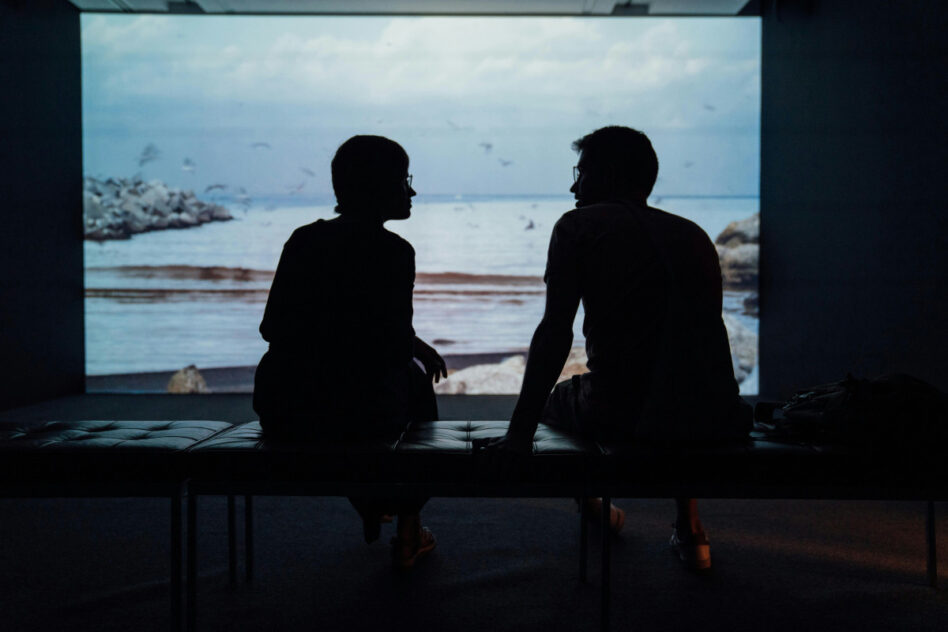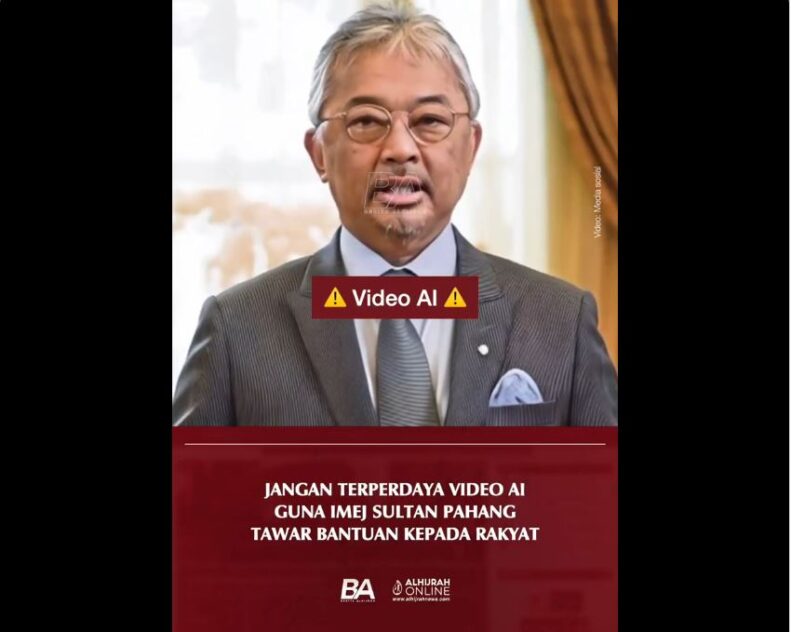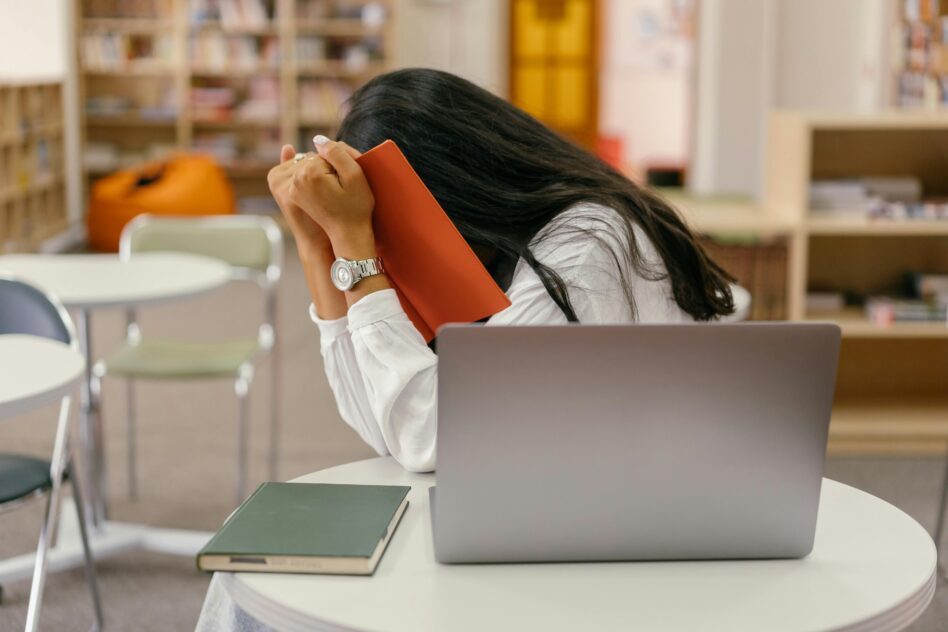by Sharina Ahmad
THE Covid-19 pandemic has left a huge impact on people’s day-to-day lifestyle around the world. The way we think and see things could be different now and as we grapple with the painful lessons of the present, so the least we can do is to embrace the opportunity and perhaps something positive will come out of this.
During the movement control order (MCO) period, most of us have changed the way we work and companies are starting to adapt and are using technology in dealing with the remote working style.
Bank Islam chief economist Dr Mohd Afzanizam Abdul Rashid stresses that digitalisation plays an important role during a crisis like this.
“We can see that online transactions have become more mainstream these days. This would force traditional businesses to adopt technology in order to survive.
“Working from home also changes the way we view productivity. With technology, some of the work or even office meetings can be effectively done via online,” he tells FocusM.
Mohd Afzanizam says this saves time, energy and even a smaller carbon footprint too since people would stay at home most of the time. “Perhaps, this would change businesses’ worldview on office space and workstations.”
He adds that school and university students are taking online classes during the MCO. “So this would change how we define the infrastructure for the education sector. Do we still need bigger classrooms or the coverage and speed of data as well as mobile devices?”
However, Institute for Democracy and Economic Affairs (IDEAS) economics and business research manager Lau Zheng Zhou feels it is high time for everyone to develop new habits, even after MCO or after Covid-19.
“We need to practise cough and sneezing etiquette and be a more socially responsible citizen. In fact, we can use official social media (many government agencies have them already) to report and highlight hygiene issues in public spaces (eg eateries, wet market) so that the relevant authorities are aware,” he tells FocusM.
Lau notes that employees and employers alike should have proper standard operational procedures (SOPs) in place to minimise work disruption should a staff require working from home in the future, either due to emergency or sickness.
For the older generation, he says, the younger ones should help them to be more digitally savvy so that they can also buy essential items such as food online, as well as getting access to news. But they should also educate them to forward messages more responsibly.
Dr Yeah Kim Leng, professor of economics at Sunway University Business School, says one should emphasise on personal hygiene, especially in washing hands frequently and wearing masks when sick during Covid-19.
“This habit should continue even after Covid-19.”
He suggests that home cooking and experimentation with new recipes that are prevalent during the MCO will also be incorporated in the post-Covid-19 lifestyle.
“‘Tapau’ (take-aways) and food delivery will see sustained demand after Covid-19 as more people get used to the ease, convenience and improved services and marketing by food service providers.”
He adds that workouts at home and alone rather than in gyms and in groups will not be seen as out of the norm post Covid-19. Motivating the lifestyle change is the proliferation of free online exercise videos.
For media publications, Yeah notes that as consumers during the MCO period face difficulties in obtaining hard copies, online media has gained a bigger advantage whilst the demise of the print media is being accelerated during the Covid-19 outbreak. – April 8. 2020









